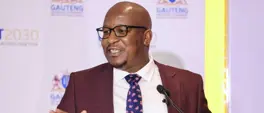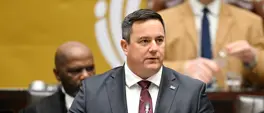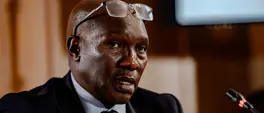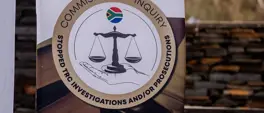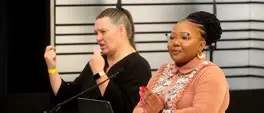'We can end loadshedding' - City pays for excess solar power, Mayor Geordin Hill-Lewis explains
Tasleem Gierdien
13 February 2024 | 10:34Hill-Lewis explains how the “Our Shared Energy Future” project works and what it will mean for the City of Cape Town.
Pippa Hudson speaks to Cape Town Mayor Geordin Hill-Lewis.
Hill Lewis says the City's "Our Shared Energy Future" project is now available for residential homes to join and become "Power Heroes."
What's the project all about?
The aim is to make the City less dependent on the whims of Eskom's loadshedding schedule by allowing businesses and residential homes to sell their excess power to the City in exchange for money at R1.24 per unit.
"Eventually we'll be able to get enough power on the City's grid so we can end loadshedding by reducing the stages of loadshedding and end it all together in the future."
Geordin Hill-Lewis, Mayor - Cape Town
The Mayor notes that several businesses have already tried and tested the project and it's been successful, hence the roll-out to residences.
To qualify for this system, households will need to have an approved solar panel system with a feed-in meter that's bought directly from the City.
Hill-Lewis notes that feed-in meters currently cost R11 000 but the City is working on a more cost-effective feed-in meter which will cost half the price and will be available to the public to purchase in the next month or so.
"We're trying to knock down all hurdles involved in investing in solar and selling it back to the City."
Geordin Hill-Lewis, Mayor - Cape Town
Cash for Power applications for this round should be submitted to hoosain.essop@capetown.gov.za by 8 March.
Get the whole picture 💡
Take a look at the topic timeline for all related articles.


